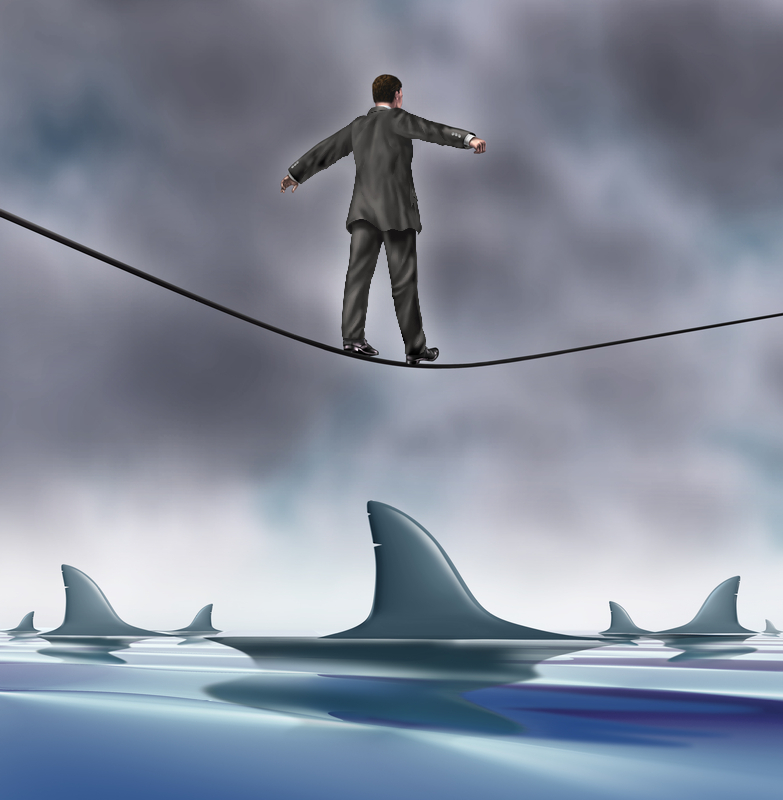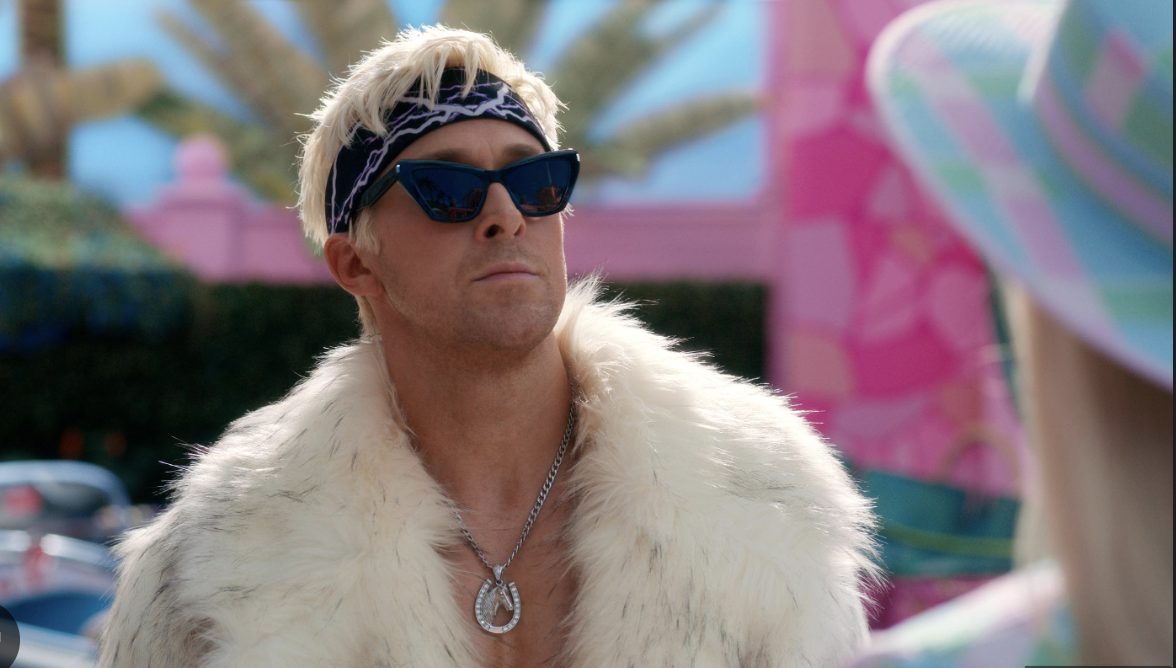Living With Courage in a Cowardly Age

Take that mean tweet and put it in a sack with a cat. Shake it up. Then apologize to the cat for the tweet. And everything else. Tweet

Highlights
We are afraid for our jobs, our friendships, our reputations. And we are afraid to speak our minds about any of it
A survey of 2,000 Americans found 62% said they avoid saying things believe because others might find them offensive
By the millions we shrink from the possibility of even unintentionally giving offense, paying lip service to ideas of breathtaking absurdity
How did we get this way? We’re Americans for God’s sake! Speaking our minds and suspicion of power are in our blood
“The secret to happiness is freedom, and the secret to freedom is courage.” — Thucydides
This is a cowardly age we live in, and it is poisoning all of life’s joys.
This is a hard thing to say. But I know a fair number of cowards personally, and I fear they are growing more common.
Am I being too harsh? It is a terrible thing to accuse anyone of cowardice. It wasn’t that long ago that society considered it perfectly justified to invite the accuser to accompany one to a place from which only one would return.
Yet look around. We are afraid for our jobs, our friendships, our reputations. And we are afraid to speak our minds about any of it.
And what’s especially alarming is, that the phenomenon is so pronounced among the young. That’s not natural, the natural state of the young – and young men particularly — is idiot recklessness, not cowardice.
In 2020 a survey of 20,000 students at 55 colleges conducted jointly by FIRE (Foundation for Individual Rights in Education), College Pulse and RealClearEducation, found 60% reported withholding their opinions for fear of how others would react.
Only one in four students said they would be comfortable discussing controversial topics with their classmates…How did we get this way?
Only one in four students said they would be comfortable discussing controversial topics with their classmates. Topics included abortion, race, gun control, the Israeli-Palestinian issue, and transgenderism.
Outside of academia a 2020 CATO survey of 2,000 Americans found 62% said they avoid saying things believe because others might find them offensive. That’s up from 2017 when 58% said they self-censor.
In short, there is no free market of ideas in higher education, and it gets no better after college, with the internet/social media serving as judge, jury and executioner of anyone charged with wrong-think. All anonymously, of course, and generally expressed in harsh gutter language lacking any appreciation of complexity or nuanced thought. “Rudeness,” as the longshoreman-philosopher Eric Hoffer once put it, “is the weak man’s imitation of strength.”
The results are all too evident, as by the millions we shrink from the possibility of even unintentionally giving offense; pay lip service to ideas of breathtaking absurdity; surrender long-cherished customs, pastimes. even close relationships.
I’ve lectured in Belarus, the last communist state in Europe. I’ve taught in Yugoslavia during the last years of the Milosevic regime. And I said what I damned well pleased. The only places I’ve really felt I had to watch my mouth were in Saudi Arabia – and, now, in the U.S.A.
We’re seeing it every day. People in entertainment, academia, and media made to publicly abase themselves for an ill-timed joke or a chance remark, sometimes dug up from years past. Statues destroyed, holidays erased, heroes “deconstructed.” Careers wrecked for a long-forgotten joke or questioning that men can get pregnant.
It is painful to watch, even at a safe remove, and especially gruesome when it happens to someone you know. There is a professor of journalism I’ve long admired, a brilliant and gifted teacher, who, in an exchange with a student, observed that taunting oldsters with the phase “OK Boomer” was akin to abusing a black person with the N-word. In response, a few students, all of them white, lodged a complaint, claiming they’d been traumatized and felt unsafe in his presence. All of that was par for the contemporary course. What was shocking, and heartbreaking, was to see this fine man grovel in response, like his predecessors in China who were made to wear dunce caps during their Cultural Revolution. And of course it did him no good — he was suspended from teaching the class anyway.
How did we get this way? We’re Americans, for God’s sake! Speaking our minds and suspicion of power are in our blood.
And, far more, what to do about it? Because obviously it can’t go on, it’s simply not sustainable. There will surely come a day such as I’ve seen in late-stage tyrannies where men and women go from constantly fearful to damn-the-consequences and I’ll say what I please!
But until that day, what do we do and how can we hasten it?
As individuals, we have been left feeling powerless. I’m not a high-powered member of the commentariat. I’m a guy who writes for people like me living in rural America trying to make ends meet and raise their kids in a crazy world.
But what we can do at the least – and it’s actually a great deal – is live with dignity within our own sphere, refusing to submit to the harsh dictates of the new orthodoxies, and refusing to keep silent when we hear pernicious nonsense spoken. For to go along to get along is to betray ourselves; and eventually to forget the difference between what is right and good, and what is utterly vile.
This does not mean it’s acceptable to give offense intentionally; to the contrary, an honest mistake requires an honest apology. But it does mean speaking the truth as best we see it, and refusing to say or do what feels profoundly wrong.
It’s a lot easier said than done of course. And In the current atmosphere, there is always the possibility of consequences.
But the reward is self-respect.








